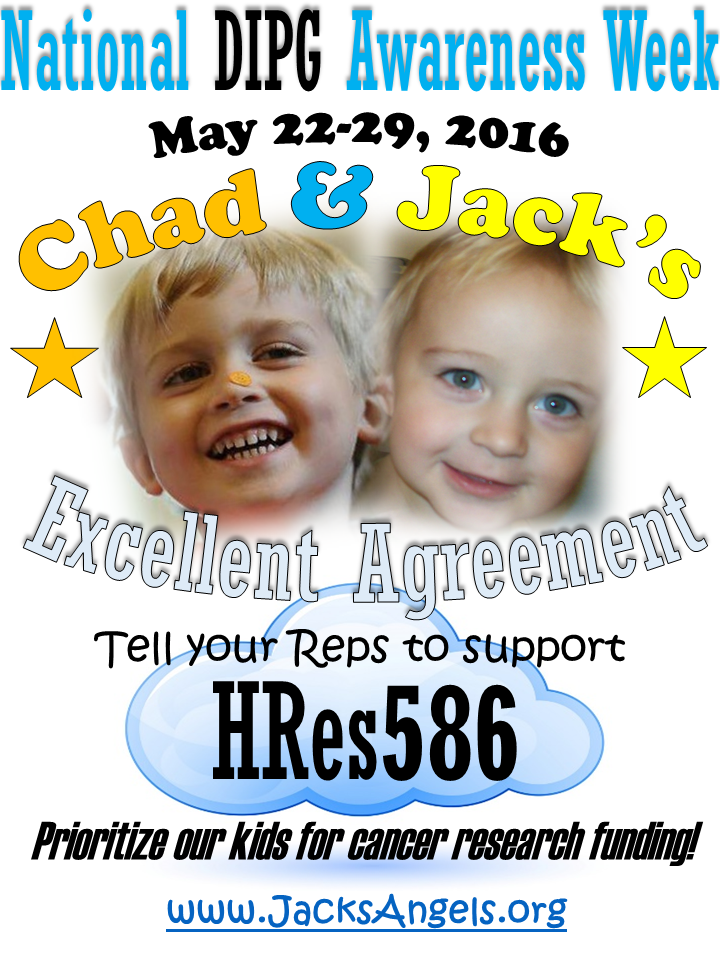
Mariah Olson was diagnosed in 1980 with neuroblastoma at the age of one year, and is a living testament as a survivor to the difficulties that so many children with cancer endure as a result of toxic, out-dated treatments they receive. She also attests to the pycho-social challenges of growing up with severe medical issues which affect children with cancer.
Most importantly, she is a testament to the power of hope and positivity amid these challenges which are generally the source of despair and great suffering. In the face of it all, she is a champion for other young people afflicted with cancer; she works for nine non-profit childhood cancer organizations and advocates for others at both the state and national level. She also triumphs as an oboist with several musical ensembles and is happily married. We are blessed to share conversation with this outstanding advocate with such generosity of heart, and look forward to the publishing of her autobiography, "Hope Over Despair."
Return to the Childhood Cancer Talk Radio Podcast Page






